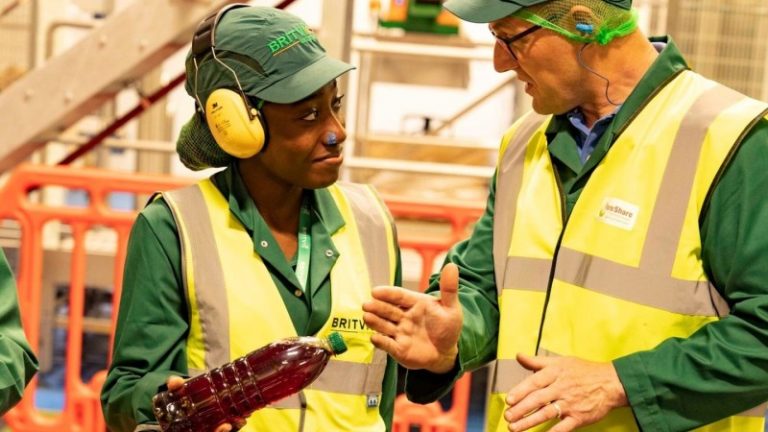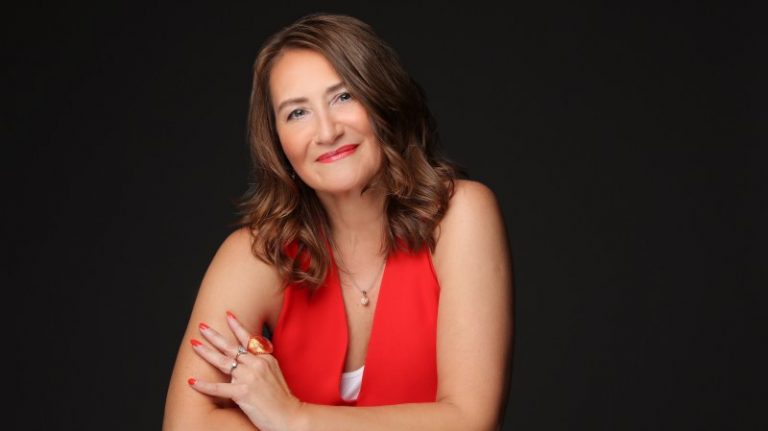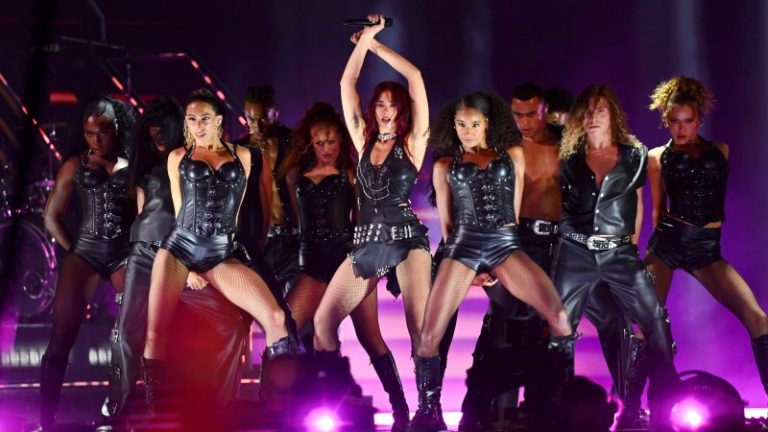Trump and Harris’s running mates say a lot about fractured US politics
More often than not, a presidential candidate’s choice of running mate has little effect on the outcome of an election. There are exceptions. Had Lyndon Johnson not been John F Kennedy’s choice of vice-president, the Democratic ticket would not have carried Texas in 1960 and Camelot would never have become a smash Broadway musical.
This is another year in which choices of running mates matter. But not because Donald Trump needs help from JD Vance to carry the senator’s home state of Ohio, or because Kamala Harris must rely on Minnesota’s governor, Tim Walz, to win there. Both candidates won the electoral college votes of their home states by large margins in 2020. In more ways than one, these states are not for swinging.
The importance of this year’s choices by Trump and Harris is proof that the centre of American politics cannot hold. There is no longer any home for moderate Democrats who believe in preserving market capitalism by reforming it, or for moderate Republicans who believe free markets should be allowed to allocate the nation’s resources.
Vance is Trump on steroids, and has no use for the free-trading, fiscally responsible, militarily robust party of what Trump calls the Rinos — Republicans in name only. Vance believes in something he calls post-liberalism, which includes opposition to abortion, same-sex marriage and gun control, and an end to military support for Ukraine and Taiwan. Childless women have no stake in America’s future. Free trade is for sissies. Government should raise the minimum wage. Lina Kahn, Joe Biden’s chair of the Federal Trade Commission, is right to drag Big Tech into court for violating the antitrust laws. “Economics is fake”, because his ancient fridge did a better job preserving lettuce than do new refrigerators. More will develop as the 40-year-old shapes nostalgia for a day he never knew into policy suggestions.
Walz was selected because the anti-Israel, pro-Hamas, antisemitic, anti-school-choice wing of the Democratic Party could not abide Pennsylvania governor Josh Shapiro, a Jew, and the trade unions opposed Arizona senator Mark Kelly because of his opposition to some of their legislative demands. Harris risked Pennsylvania’s 19 electoral votes, or Arizona’s 11, to please the party’s effectively dominant progressive wing.
Which Walz does. He believes in legal protection for abortion and “gender-affirming care”, tighter control on guns and looser control of the use of marijuana, child tax credits, free school lunches, and high tax rates that are causing a flight of high-earners from Minnesota. He shut down schools during the pandemic, to the enduring gratitude of teachers’ unions.
He provides generous benefits to illegal border-crossers, including free college. Pace Sigmund Freud, who said jokes satisfy our unconscious desires, Walz promises to invest in a factory to make 30ft ladders for any illegal migrant unable to scale a Trump-constructed 25ft wall.
The demise of a moderate centre in both parties has one big advantage: it offers voters what the 1964 Republican candidate Barry Goldwater called “a choice, not an echo”. But describing today’s choice is no easy chore, given the nature of the two candidates.
Neither is a model of consistency. Trump discovered hitherto unrealised virtues in electric vehicles when Tesla’s Elon Musk made a massive financial contribution to his campaign. By comparison, Harris is like a chameleon on plaid on issues such as fracking, government gun buybacks and the Green New Deal. On others, she is more consistent.
Harris supports open borders, which will keep wages down and increase taxes to cover the social costs associated with massive immigration, while Trump plans sweeping deportations that would constrict the labour supply and raise wages. Harris’s plan to expand the welfare state will increase deficits, as will Trump’s ever-lengthening list of proposed tax cuts. Both candidates plan to raise tariffs, Harris more selectively than Trump, who says he will levy a 10 per cent tariff on all imports, and even higher rates on imports from China.
Neither Trump nor Harris has expressed concern about a hollowed-out military, deficits that have already driven the national debt past the $35 trillion (£28 trillion) mark, or threats to the dollar’s status as the world’s reserve currency.
Most important is the difference between the candidates on the future shape of the American economy. Neither Democratic candidate has ever worked in the private sector, both trained in high-tax states with activist governments, and both naturally believe the government is and should be the dominant player in the economy. By contrast, both Republican candidates have private-sector experience that has taught them how wealth and jobs are created.
Harris and Walz believe government, using regulations and the tax system, can produce a better and fairer use of the nation’s resources than can a free market. Trump would be no laissez-faire president, but he and Vance recognise the advantages of a capitalism that allows entrepreneurs to practise the art of the deal and consumers to drive markets.
As Punch magazine advised almost 200 years ago, “You pays your money and you takes your choice.” Perhaps this much-maligned election has a virtue: it gives voters a choice, not an echo. As we say in New York, “That ain’t chopped liver.”
Irwin Stelzer is a business adviser






